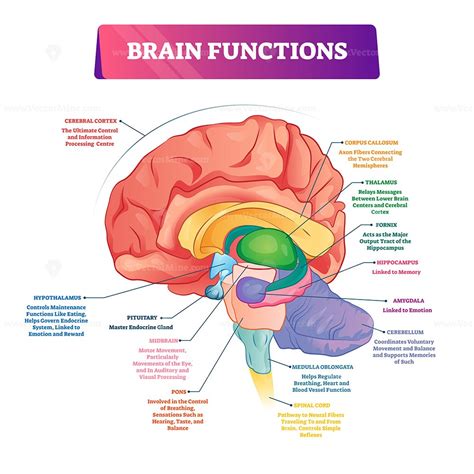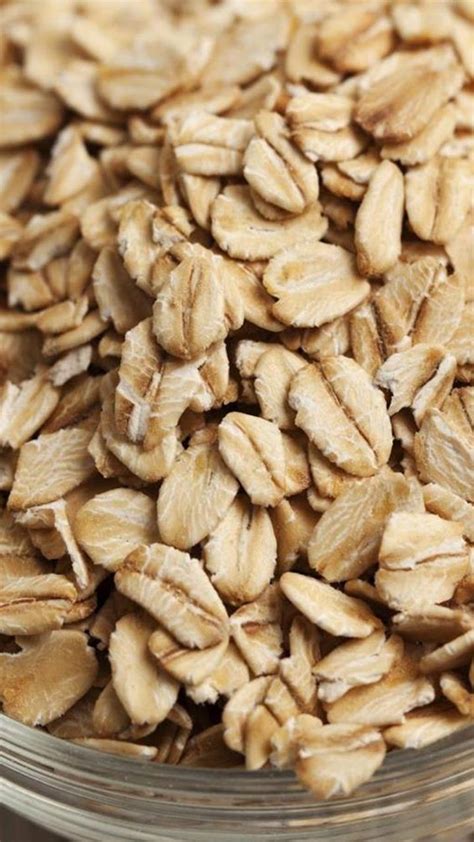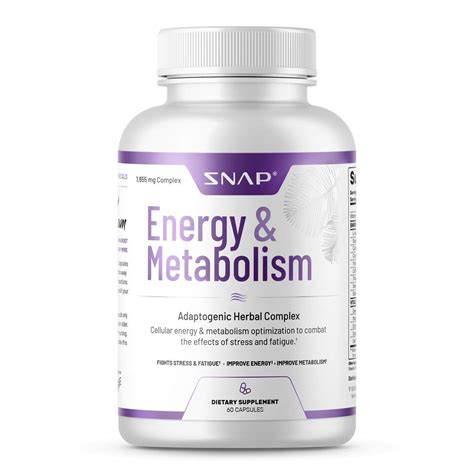Beyond Macros: The Unsung Heroes of Male Performance
In the pursuit of peak male stamina and unwavering cognitive function during periods of intense physical or mental exertion, the spotlight often falls on macronutrients—carbohydrates for energy, protein for repair, and fats for sustained fuel. While undeniably critical, a deeper dive reveals a cadre of specific micronutrients, frequently overlooked, that are equally fundamental. These tiny titans are not just supportive players; they are the orchestrators of cellular energy production, neurotransmitter synthesis, and hormonal balance, making their adequate intake non-negotiable for anyone pushing their limits.

Magnesium: The Energy Catalyst and Stress Regulator
Magnesium is involved in over 300 enzymatic reactions in the body, many of which are crucial for energy production (ATP synthesis), muscle contraction and relaxation, nerve function, and blood glucose control. During prolonged exertion, whether physical or mental, magnesium stores can be significantly depleted. Low levels contribute to muscle fatigue, cramps, reduced physical performance, and even impaired cognitive processing due to its role in neurotransmitter regulation and stress response. For men under pressure, sufficient magnesium is vital for maintaining cellular energy and mitigating the physiological effects of stress.
Zinc: The Hormonal and Immune Gatekeeper
Often associated with immune health, zinc’s role extends profoundly into male physiology and cognitive function. It is essential for testosterone production, a key hormone for stamina, muscle maintenance, and mood regulation. Furthermore, zinc acts as a neuromodulator, influencing synaptic plasticity and neurotransmitter activity, which directly impacts memory, learning, and focus. Chronic exertion can tax the immune system and deplete zinc stores, leading to decreased performance, slower recovery, and compromised cognitive sharpness.

B Vitamins (Especially B6, B9, B12): The Metabolic Powerhouses
While often grouped, individual B vitamins play distinct and critical roles. The B-complex, particularly B6 (pyridoxine), B9 (folate), and B12 (cobalamin), are indispensable for converting food into energy. They are also vital for red blood cell formation and nervous system function. B6 is crucial for neurotransmitter synthesis (like serotonin and dopamine), impacting mood and cognitive processing. B9 and B12 are essential for DNA synthesis and nerve health. Deficiencies can lead to profound fatigue, diminished stamina, and impaired cognitive abilities like focus and memory recall, especially under stress.
Vitamin D: The Mood and Performance Enhancer
Beyond bone health, Vitamin D, often thought of as a hormone, significantly impacts muscle function, immune response, and mood. Adequate levels are linked to better athletic performance, reduced inflammation, and improved recovery. Cognitively, Vitamin D receptors are found throughout the brain, and its deficiency has been associated with impaired cognitive function, mood disturbances, and increased risk of depression, all of which can severely undermine stamina and mental resilience during prolonged exertion.

Choline and Alpha-GPC: The Cognitive Fuelers
Choline is a precursor to acetylcholine, a critical neurotransmitter involved in memory, learning, and muscle control. While often found in eggs and liver, many men may not get enough, especially during intense mental demands. Alpha-GPC (alpha-glycerylphosphorylcholine), a highly bioavailable form of choline, is particularly noted for its ability to cross the blood-brain barrier and boost acetylcholine levels, directly enhancing focus, memory, and mental clarity under prolonged cognitive stress.
Iron: The Oxygen Carrier (Often Overlooked in Men)
While more commonly associated with women, iron deficiency can also impact men, particularly those engaged in endurance sports or intense physical labor. Iron is crucial for hemoglobin production, which carries oxygen in the blood. Even mild deficiencies can lead to fatigue, reduced stamina, and impaired cognitive function due to insufficient oxygen delivery to muscles and the brain. While less ‘overlooked’ than others for the general population, it’s often not prioritized for men unless specific symptoms arise.

Ensuring Optimal Intake
Optimizing these micronutrients often begins with a varied, nutrient-dense diet rich in whole foods: leafy greens, nuts, seeds, whole grains, lean proteins, and fatty fish. However, due to soil depletion, food processing, or individual physiological demands, supplementation may be necessary. Consulting with a healthcare professional or registered dietitian can help identify specific deficiencies and guide appropriate supplementation strategies.
Conclusion
For men striving for peak stamina and cognitive resilience during prolonged exertion, attention to these often-overlooked micronutrients is paramount. Magnesium, zinc, specific B vitamins, Vitamin D, and choline are not merely ‘good to have’ but foundational elements that power the body’s energy systems, support hormonal balance, and sharpen the mind. Prioritizing their adequate intake is a strategic investment in sustained high performance and overall well-being, transforming the capacity to endure and excel when it matters most.





